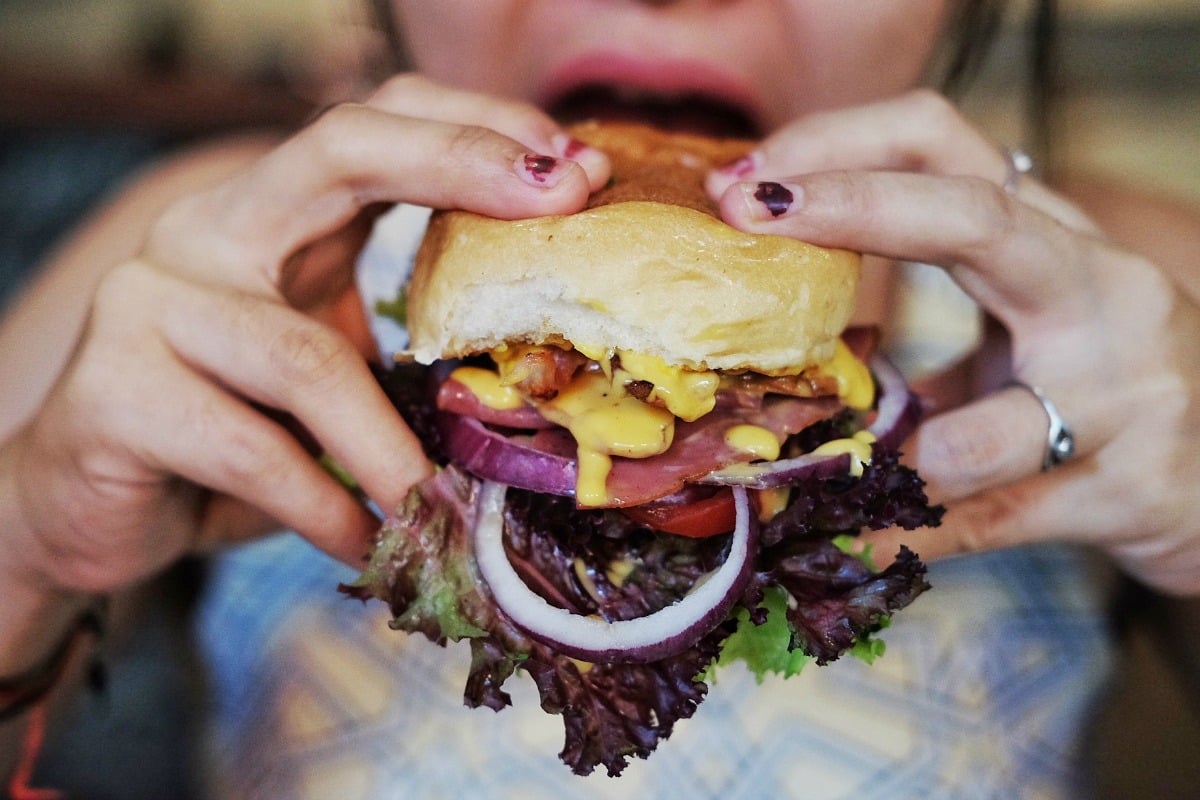
“Why don’t you eat meat?”
Jeez, that question use to make me uncomfortable. Not because I don’t think it’s worth asking, but because I felt like I ought to provide some passionate, eloquent justification for my choice.
Instead I’d mutter something incoherent about the environment and cute baby pigs, and quickly blurt “butIeatfishsometimes!” (You know, just in case someone ever saw me at a sushi restaurant, or I decide to take up recreational fly-fishing.)
I realise now that the root of that discomfort was guilt. I felt guilty.
Because I was – am – a footnote vegetarian. The kind that comes with a disclaimer, the kind that couldn’t and wouldn’t wholly commit to the cause. I’d describe myself as ‘pescetarian’ or ‘flexitarian‘, or sometimes, when confronted with a particularly passionate veggo, ‘a cheater’.
And that, right there, that all-or-nothing approach, is a problem.
Somewhere along the line, choosing to eat plant-based food went from being a diet to being an identity. Sure, there’s something comforting about being able to slot into a category, to say ‘this is who I am’, or even ‘this is what I stand for’ (I mean, that’s why Buzzfeed quizzes and horoscopes exist). But in the process, it’s alienating an otherwise veggie-curious segment of the population.





























































































